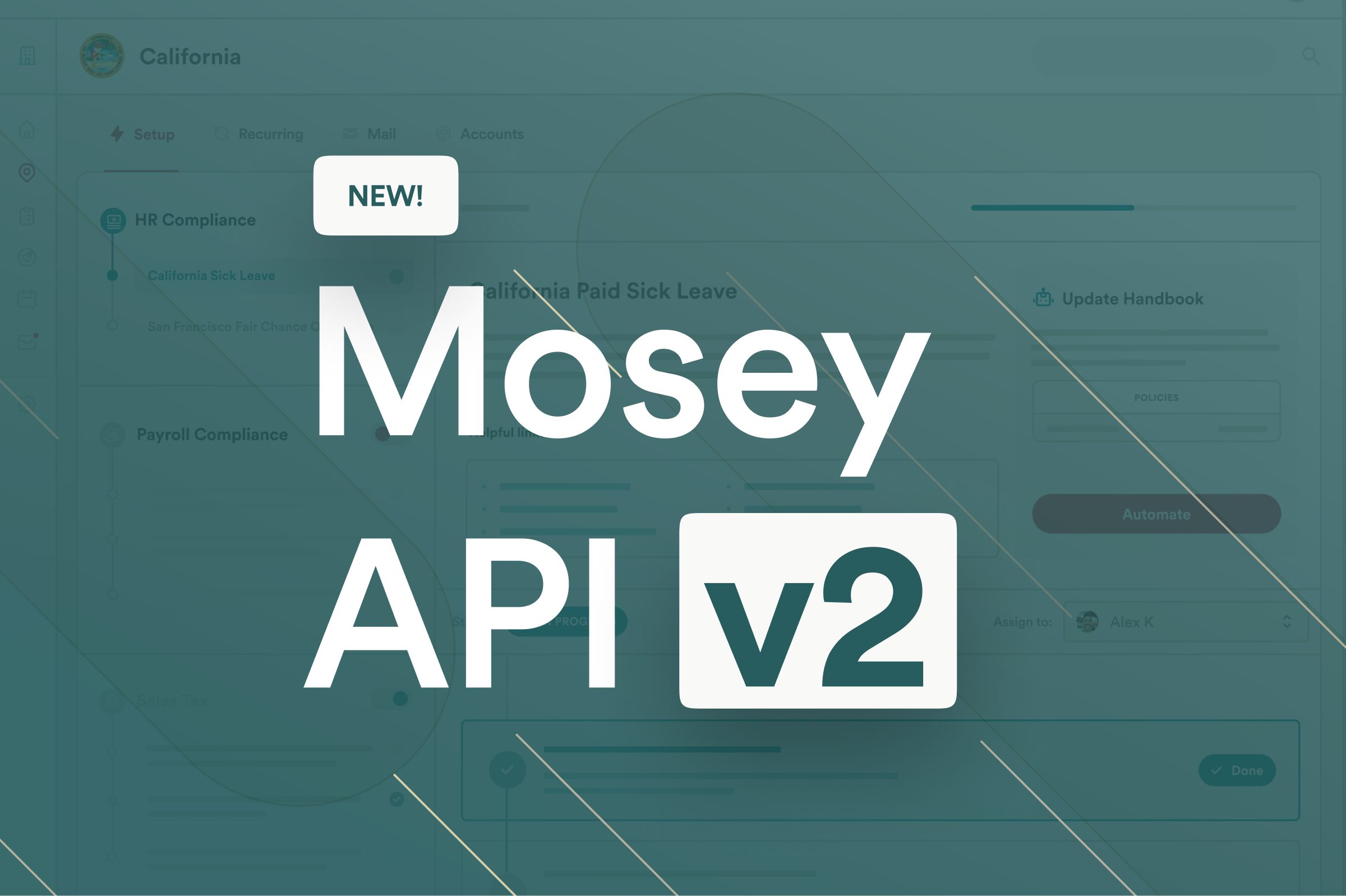If you are an employer in Chickasaw, Ohio, it is important to be aware of the local payroll tax requirements for businesses operating in the city. These requirements may include registering your business with the city and withholding a certain percentage of your employees' wages for local taxes.
How to Register for Payroll Tax in Chickasaw
Chickasaw, Ohio Local Withholding Tax Setup for Professional Corporation, LLP, LLC, Corporation
Employers must register to withhold income tax from the qualifying wages of employees working within the Village of Chickasaw, even if they are remote. Note: The City of St. Marys Department of Taxation administers income tax for the Village of Chickasaw. Employers may elect to withhold tax for their employees' city of residence if the employees work in an area where there is no tax or the tax is lower than in the employees' city of residence. This practice is known as "courtesy withholding."
- Complete an Application For Withholding Tax Account
Complete an Application For Withholding Tax Account.
- File Your Application For Withholding Tax Account
File your completed Chickasaw Application For Withholding Tax Account with the City of St. Marys Department of Taxation by email.
- Add Municipality to Your Ohio Business Gateway Account
Log in to your Ohio Business Gateway account and add the Village of Chickasaw as a new tax jurisdiction to report and pay the local withholding tax online.
Documents and Resources
- Village of Chickasaw Income Tax Regulations - City of St. Marys Department of Taxation
- Forms - City of St. Marys Department of Taxation
- Village of Chickasaw Ordinance - City of St. Marys Department of Taxation




